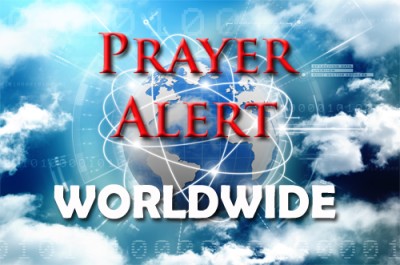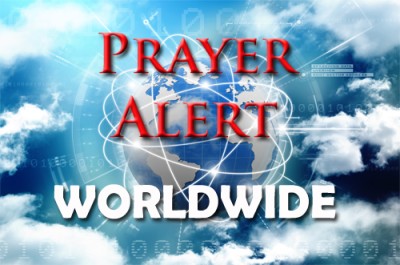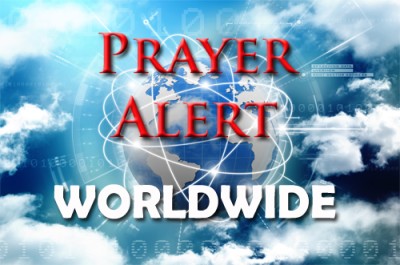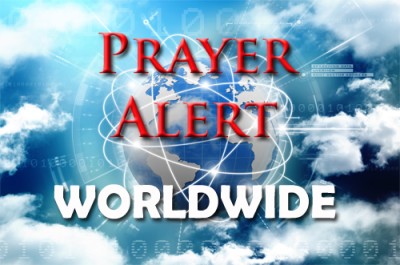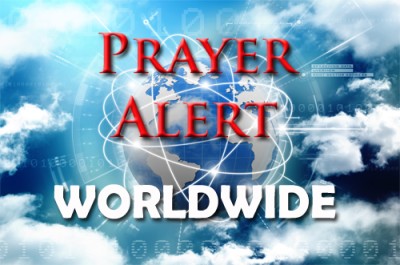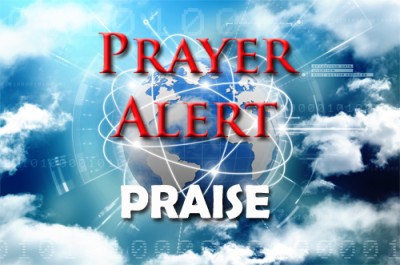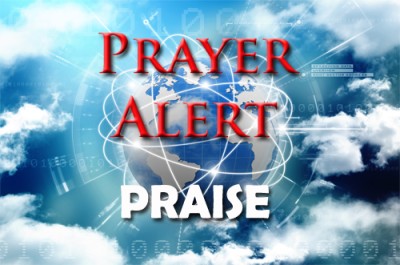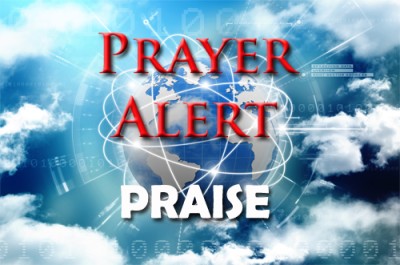USA: Alabama ruling that embryos are children
01 Mar 2024The Alabama supreme court has ruled that frozen embryos are children, which has sparked controversy and cast uncertainty over the future of IVF treatments in the state. Medical experts and reproductive advocacy groups are warning of adverse effects on fertility treatments, while some anti-abortion groups have hailed the decision for granting embryos legal protection. Despite not banning IVF, the decision raises concerns about its legality in the state, potentially limiting options for individuals seeking to build families. The ruling intersects with broader debates on reproductive rights, especially in the context of the US supreme court's decision in 2022 to strike down a nationwide right to abortion. Since then, Democratic-controlled states have expanded access and Republican ones restricted it. Anti-abortion activists view the decision as a victory for life, yet acknowledge complexities regarding IVF ethics. Overall, the ruling intensifies discussions on embryo rights and the regulation of reproductive technologies.
Oil leaking from a capsized barge off Tobago's coast has spread hundreds of miles, reaching the island of Bonaire. It is now regarded as a serious threat to both humans and the environment. The barge, of unknown ownership, ran aground on 7 February, for reasons which are unclear. Investigations suggest it had previously stopped in Venezuela, and possibly was leaking oil from 3 February. Trinidad and Tobago declared a national emergency on 11 February, with ongoing efforts to contain the spill. Satellite images showed the slick extending into Grenada's marine area by 14 February; now the east coast of Bonaire, including vital ecosystems like mangroves, fish, and coral, has been contaminated. There is particular concern for the mangroves, which are among the best preserved in the Caribbean. Despite efforts at containment, oil continues to leak from the barge.
The world’s oral cholera vaccine stockpile has run dry, while at least 16 countries face outbreaks. Africa experiences a disproportionately high cholera mortality rate; in three countries the number of cases quadrupled in one year, and 1,600 died. Manufacturers have already allocated upcoming vaccine doses elsewhere until mid-March, with growing demand surpassing supply. Médecins Sans Frontières (MSF) is calling for more manufacturers, and more technical support to help them. The shortage leaves communities unprotected, heightening the risk of preventable cholera deaths. This scarcity echoes past challenges, for example when a temporary one-dose vaccination measure was adopted in 2022. The current outbreaks are exacerbated by humanitarian crises and environmental factors like droughts, floods, and inadequate public infrastructure.
In Merlo, long lines form outside communal soup kitchens as inflation soars, causing a hunger crisis among the country's poor. President Javier Milei's austerity measures, which have cut government spending, even funds for soup kitchens, have exacerbated the situation. It is estimated that soup kitchens and other similar groups now serve ten million people, out of Argentina's population of 46 million. However, advocates believe the actual number of food-insecure individuals could be higher due to informal hunger relief efforts in marginalised areas. Outrage is mounting, particularly after one minister promised to help the needy and then refused to meet the crowds outside her office the next day; instead she diverted funds to religious organisations. One social leader has criticised the government for failing to address hunger effectively, despite claiming to prioritise direct assistance.
Nepal: repurposing discarded rubbish
01 Mar 2024A group led by Sunita Chaudhary are repurposing discarded mountain climbing ropes into handcrafted items like jewellery boxes and table mats. These ropes, once vital for climbers but later discarded, are now collected as part of an initiative to clean up mountain waste. Chaudhary, a skilled craftswoman from the Tharu community, transforms these materials using traditional techniques. The Himalayas accumulate vast amounts of waste from mountaineering activities, estimated at nearly 140,000 tons on Mount Everest alone. Government-led campaigns dispose of biodegradable waste securely and recycle non-biodegradable materials. However, recycling mountain climbing ropes proved challenging until Shilshila Acharya, an advocate for sustainable waste management, connected with a local waste-processing business and Chaudhary's team. This initiative aims to integrate local expertise, mountain waste, and the local economy, ensuring that waste collected from mountains like Everest avoids landfills in the future.
72-year-old Christian Younis Bhatti has been discharged from a blasphemy case after the accuser, Sosan Fatima, admitted to falsely accusing him. Fatima had alleged that Bhatti desecrated the Quran, but confessed to a conspiracy to prevent him from dividing property. Bhatti has been reunited with his family, but it was not thought safe for him to return home immediately. The incident had led to protests, prompting many Christians to flee. Bhatti's discharge, facilitated by a Christian rights organisation, was hailed as a miracle. Blasphemy accusations in Pakistan,often used to settle personal scores, can result in death sentences. Fatima's husband escaped police custody, leading to the suspension of the policemen who were with him, but was later recaptured. This case highlights the misuse of blasphemy laws and the risks faced by religious minorities in Pakistan.
A pastor attending the Kansas City Chiefs' Super Bowl parade claims the Holy Spirit urged him and his family to leave minutes before a shooting broke out, resulting in one death and 22 injuries. Timmy Hensel, pastor of River Church Family, recounted feeling prompted to depart despite the festive atmosphere. He credits divine intervention for their safety, emphasising the importance of recognising God's guidance. Hensel expresses gratitude for being spared and prays for the victims of the incident. Two men have been charged in connection with the shooting, which erupted from a verbal altercation. The pastor's testimony highlights the role of faith amidst tragedy, underscoring the community's grief and the need for spiritual discernment in challenging times.
Strangers save each other's lives
22 Feb 2024Marius Werner, a young German, anonymously donated stem cells that saved the life of British doctor Dr Nick Embleton, who was diagnosed with a rare blood cancer. Unable to find a match in the UK, the search extended globally, leading to Marius. Two years after the transplant, BBC News facilitated their meeting. Nick, a veteran neonatal doctor, feared for his life upon diagnosis but now cherishes family time. Bone marrow transplants require matching donors,and both donor and patient remain anonymous initially. After a successful transplant, Nick expressed a desire to meet Marius. They met in Newcastle. Marius, overwhelmed, shared how he had been suicidal, but this opportunity to save someone brought new purpose to his life. Their meeting saw the fostering of a bond between these two ‘blood brothers’, who were brought together by a life-saving act of kindness.
